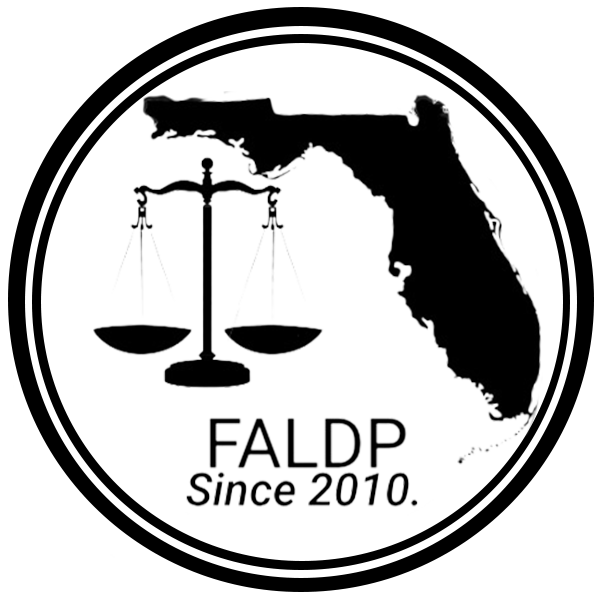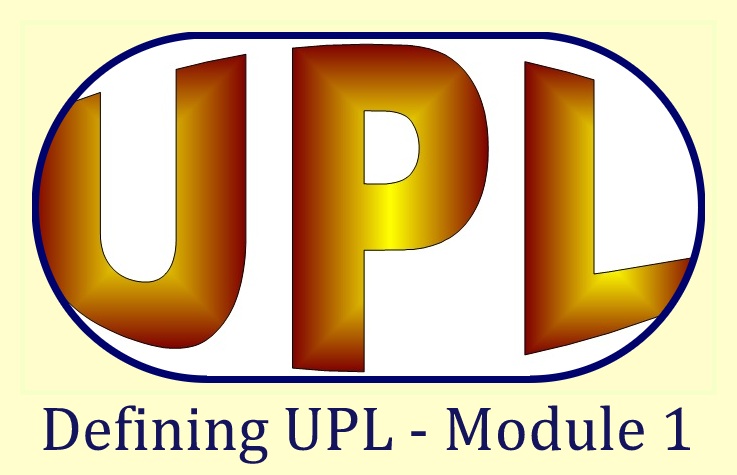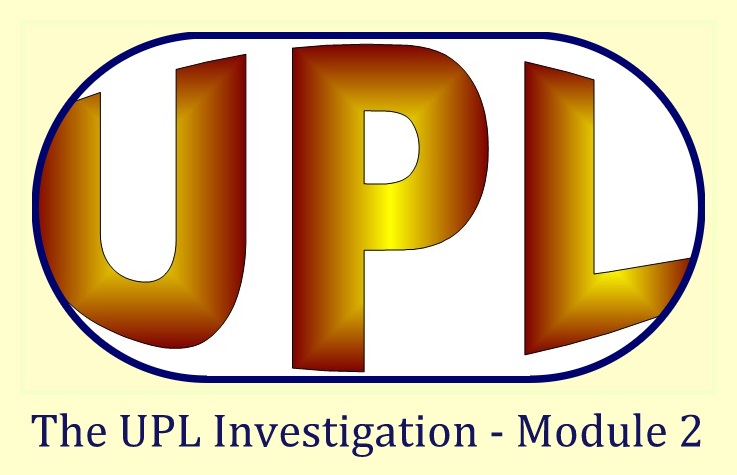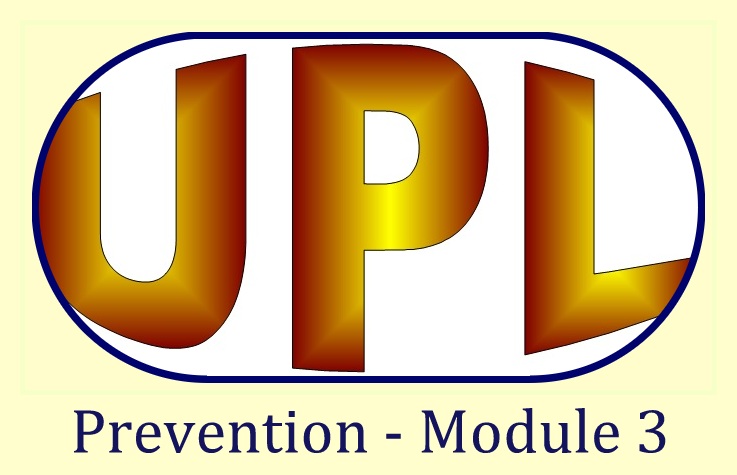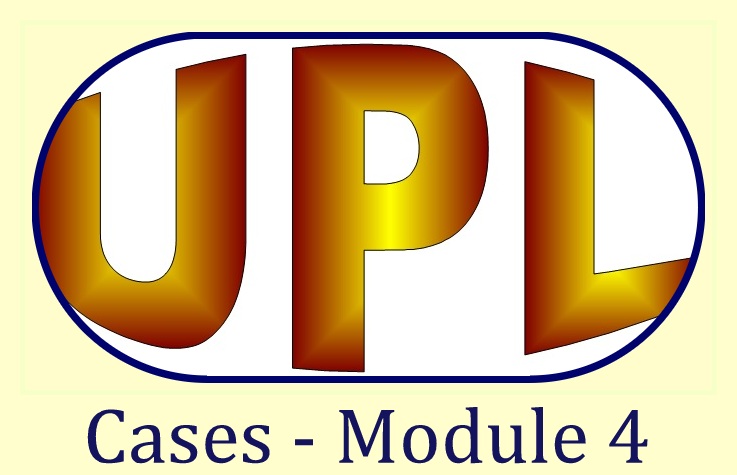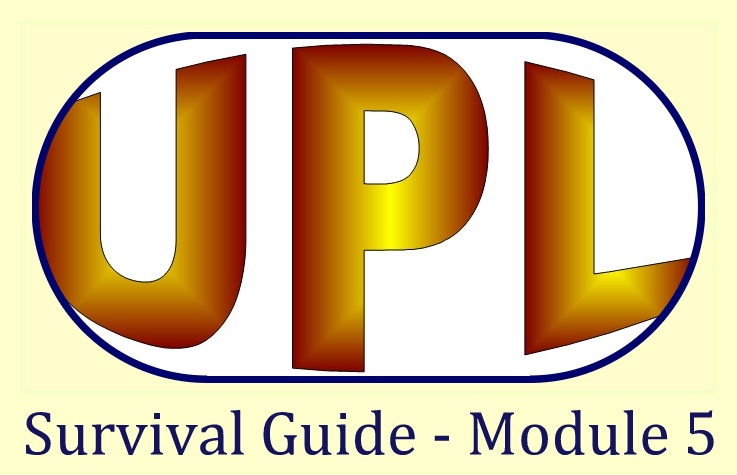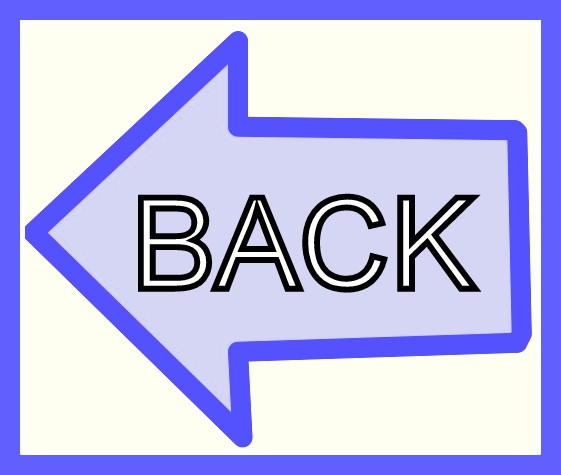800-515-0496
Avoid UPL! ~ Course Navigation
Case Law
We include case summaries on this page. The cases themselves are not linked, but you should be able to find the entire case by putting the case citation into a search. There are additional cases than the cases shown here, we have chosen these as representative and put these in chronological order. We quote directly from the cases, and the FTC summary of the NC Board of Dental Examiners case.
Case Summaries
State Ex Rel. Florida Bar v. Sperry, 140 So. 2d 587 (Fla. 1962) - Defendant Alexander Sperry was enjoined from engaging in the unlicensed practice of law, primarily for holding himself out to be a patent attorney, when he was not. Nonlawyers are allowed to submit patent applications to the federal patent office, however, Sperry not only submitted the applications but also engaged in research and other activities that should have been the purview of a patent attorney. The court found: "We think that in determining whether the giving of advice and counsel and the performance of services in legal matters for compensation constitute the practice of law it is safe to follow the rule that if the giving of such advice and performance of such services affect important rights of a person under the law, and if the reasonable protection of the rights and property of those advised and served requires that the persons giving such advice possess legal skill and a knowledge of the law greater than that possessed by the average citizen, then the giving of such advice and the performance of such services by one for another as a course of conduct constitute the practice of law.
Florida Bar v Brumbaugh 355 So.2d 1186 (1978) - The Court held: "Although Marilyn Brumbaugh never held herself out as an attorney, it is clear that her clients placed some reliance upon her to properly prepare the necessary legal forms for their dissolution proceedings. To this extent we believe that Ms. Brumbaugh overstepped proper bounds and engaged in the unauthorized practice of law. We hold that Ms.Brumbaugh, and others in similar situations, may sell printed material purporting to explain legal practice and procedure to the public in general and she may sell sample legal forms. ... Further, we hold that it is not improper for Marilyn Brumbaugh to engage in a secretarial service, typing such forms for her clients, provided that she only copy the information given to her in writing by her clients. In addition, Ms. Brumbaugh may advertise her business activities of providing secretarial and notary services and selling legal forms and general printed information. However, Marilyn Brumbaugh must not, in conjunction with her business, engage in advising clients as to the various remedies available to them, or otherwise assist them in preparing those forms necessary for a dissolution proceeding. More specifically, Marilyn Brumbaugh may not make inquiries nor answer questions from her clients as to the particular forms which might be necessary, how best to fill out such forms, where to properly file such forms, and how to present necessary evidence at the court hearings. Our specific holding with regard to the dissolution of marriage also applies to other unauthorized legal assistance such as the preparation of wills or real estate transaction documents. While Marilyn Brumbaugh may legally sell forms in these areas, and type up instruments which have been completed by clients, she must not engage in personal legal assistance in conjunction with her business activities, including the correction of errors and omissions."
The Florida Bar v. Furman 376 So. 2d 378 (1979) - Rosemary Furman was found guilty of unauthorized practice of law and enjoined from continuing her business preparing divorce documents for pro se litigants. The opinion states: "Devising means for providing effective legal services to the indigent and poor is a continuing problem. The Florida Bar has addressed this subject with some success. In spite of the laudable efforts by the bar, however, this record suggests that even more attention needs to be given to this subject.
Therefore, we direct The Florida Bar to begin immediately a study to determine better ways and means of providing legal services to the indigent. We further direct that a report on the findings and conclusions from this study be prepared and filed with this court on or before January 1, 1980, at which time we will examine the problem and consider solutions."
"ON OR BEFORE JANUARY 1, 1980". Decades later, has access to the legal system for indigent litigants improved?
Dunn v. the Florida Bar, 726 F. Supp. 1261 (M.D. Fla. 1988) - "On March 16, 1983 Serena Dunn, individually and on behalf of a class of similarly situated individuals, filed her complaint for declaratory and injunctive relief against The Florida Bar and The Supreme Court of Florida. In part, she stated
Plaintiff class members are unable to afford the services of attorneys to assist them in obtaining relief which only the State can provide and are also unable, by reason of their illiteracy, blindness, their inability to read and write English, or other handicap to handle their matters pro se or with the limited assistance currently allowed to be provided by lay persons under Florida law."
This case resulted in a stipulated agreement in which the Florida Bar UPL Rules were amended and updated to reflect the rules [more or less] as we know them today. The following changes were made:
"Definition of UPL. The unlicensed practice of law, as prohibited by statute, court rule, and case law of the State of Florida. For purpose of this chapter, it shall not constitute the unlicensed practice of law for nonlawyers to engage in limited oral communications to assist individuals in the completion of legal forms approved by the Supreme Court of Florida. Oral communications by nonlawyers are restricted to those communications reasonably necessary to elicit factual information to complete the form(s) and inform the individual how to file such form(s)."
The Federal Trade Commission v NC Board of Dental Examiners (2015) - "The FTC issued an administrative complaint on 7/17/2010 alleging that the state dental board in North Carolina is harming competition by blocking non-dentists from providing teeth-whitening services in the state. The FTC charged that the North Carolina Board of Dental Examiners impermissibly ordered non-dentists to stop providing teeth-whitening services, which has made it harder to obtain these services and more expensive for North Carolina consumers. According to the FTC’s administrative complaint, teeth-whitening services are much less expensive when performed by non-dentists than when performed by dentists. In an Initial Decision issued July 14, 2011, the ALJ found that non-dentists compete with dentists to provide teeth whitening services in North Carolina and that the Dental Board's concerted action to exclude non-dentist-provided teeth whitening services from the market had a tendency to harm competition. The ALJ further found that the Dental Board's action had no valid pro competitive justification and constituted an unreasonable restraint of trade and an unfair method of competition. On February 8, 2011, the Commission denied the respondent's motion to dismiss, ruling that the Board's actions were not entitled to state action immunity. The Commission ruled that because the Board is controlled by practicing dentists, its conduct must be actively supervised by the state. On December 7, 2011, the Commission issued an Opinion concluding that the Dental Board violated of Section 5 of the FTC Act, and agreed with the ALJ that the Dental Board's conduct "constituted concerted action, . . . had a tendency to harm competition and did in fact harm competition," and had no legitimate pro-competitive justification. The Commission concluded that the Dental Board's conduct could be deemed illegal under the "inherently suspect" mode of analysis because the challenged conduct had a clear tendency to suppress competition and lacked any countervailing procompetitive virtue. On May 3, 2013, the Fourth Circuit denied the Board's petition to review the Commission's decision and on 2/25/15, the Supreme Court affirmed the ruling of the U.S. Court of Appeals for the Fourth Circuit."
Copyright 2010-2023. All rights reserved.
